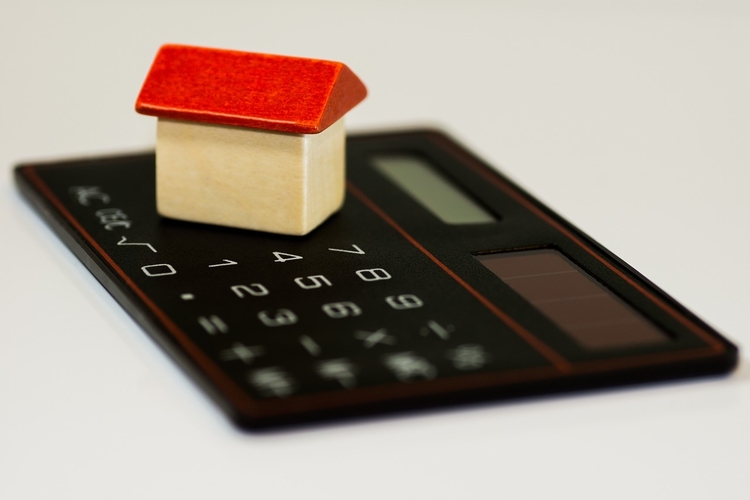Taking out a mortgage loan to buy a home has become commonplace among homeowners, allowing them to buy a home over time rather than paying a lump sum that many people can’t afford. However, after a few years, the shine of homeownership can wear off and mortgage payments become just another bill to pay.
For many, the expense of mortgage payments is a dominant feature of their budgets and the idea of voluntarily paying more is difficult to consider. While most people know that extra money paid early will provide relief later, many still don’t realize the magnitude of the benefits that can come from paying off a mortgage early.
How much can paying off a mortgage early save me?
The benefits of paying off a loan early may save you more than you know, depending on how much you increase your payments and how fast you can afford to pay off your loan.
As an example, let’s look at a house that has a mortgage loan of $150,000. The mortgage is a 30-year loan and has an interest rate of 4 percent. If the owner makes standard payments of $716, her $150,000 loan will cost a total of $257,800. That’s nearly 172 percent of the original loan’s value. You can use the accompanying graph to see how paying a higher percentage of your standard payment each month will save you money in the long run.
Let’s say the homeowner increases her payments by 1 percent ($7) a month. Using this model, her total cost will drop to $255,460—a total savings of over $2,000.
If the homeowner is more ambitious and sets aside an extra $21 a month to help pay off the mortgage quicker, the total cost drops to $251,500—a savings of over $6,000.
Finally, if the homeowner boost her payments by $100 per month, the total cost of the loan drops to $232,600—a savings of over $25,000!
As you can see, small additions to payments can provide sizeable savings in the long run.

What about one-time payments?
Let’s say the homeowner doesn’t add to her monthly payments, but instead has an extra $5,000 in her savings after 10 years. If she puts that into her mortgage, the total cost drops to about $252,000—saving a little less than $6,000.
If, however, she had been able to pay that $5,000 just five years into the loan, the total cost would drop to $249,600—saving her about $8,000.
Of course, many people would prefer to have $5,000 on hand rather than reduce their costs by $8,000 over the next 25 years. Paying off a loan early almost always requires a short-term sacrifice, as any extra money you have on hand right now will likely have to be earmarked toward paying off your loan and providing you with future savings.
Investing versus making payments
When mortgage interest rates drop, many people opt to invest additional money they have rather than pay off a mortgage early. This can make sense, as money put in the market can grow twice as fast as the savings a person would have by making payments on a low-interest loan. However, people need to be aware that the market, no matter how strong it seems, has inherent risk to it. Money invested can both gain and lose value, while money used for early payments has zero risk.


